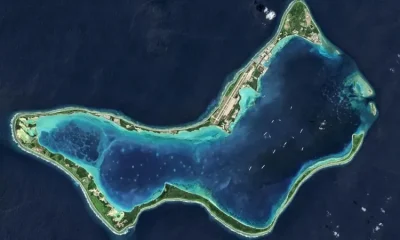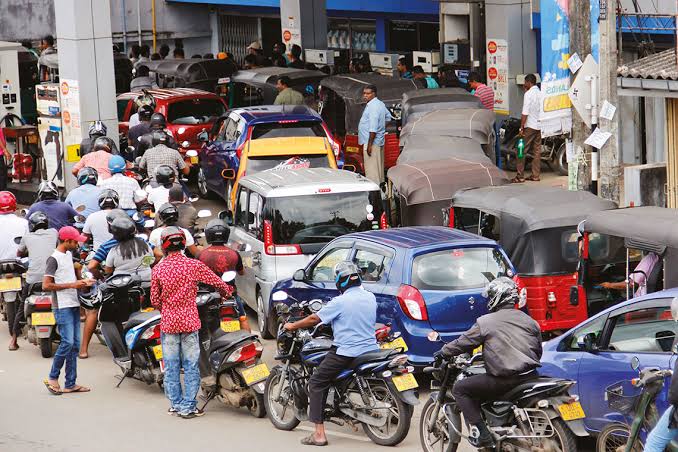News
UK To Ban Sales Of Diesel And Petrol Powered Vehicles In 2030

As part of its concerted efforts to combat climate change and create jobs, United Kingdom Prime Minister Boris Johnson has fixed 2030 for stoppage in the sales of new cars and vans powered by petrol and diesel.
The move, according to the prime minister, is part of the 10-point plan is to hasten the transition to electric vehicles and investing in grants to help buy cars and charge-point infrastructure.
According to BBC, the plan also includes producing enough offshore wind to power every home, developing the first town heated entirely by hydrogen by the end of the decade, provision for large nuclear plant and developing the next generation of small and advanced nuclear reactors.
The plan is aimed at putting the UK on track to meet its goal of net zero emissions by 2050 and to create 250,000 jobs.
It also includes making buildings greener, warmer and more energy-efficient, and installing 600,000 heat pumps (low-energy electrical devices for warming homes) every year by 2028 as well as making cycling and walking more attractive ways to travel and investing in zero-emission public transport for the future.
“My 10-point plan will create, support and protect hundreds of thousands of green jobs, whilst making strides towards net-zero by 2050,” Johnson reportedly said.
“Our green industrial revolution will be powered by the wind turbines of Scotland and the North East, propelled by the electric vehicles made in the Midlands and advanced by the latest technologies developed in Wales, so we can look ahead to a more prosperous, greener future.
The UK will host the COP26 (conference of party) international climate summit in Glasgow in 2021. The conference was initially scheduled to take place in 2020 but was postponed because of the COVID-19 pandemic.
Norway, Israel, Ireland, Denmark, Sweden and Singapore have also made plans to phase out internal combustion engine (ICE) vehicles — with the earliest abolishment date being 2025.
Conversely, this development will have adverse effects on the Nigerian economy, whose mainstay is crude oil.
Nigeria depends heavily on the revenue generated from crude oil exports, hence will be affected by the development as European countries are the largest importers of Nigeria’s crude oil.
The COVID-19 pandemic impacted negatively on global oil demand early in the year, leading to the collapse of prices across the world.
Advertise or Publish a Story on EkoHot Blog:
Kindly contact us at [email protected]. Breaking stories should be sent to the above email and substantiated with pictorial evidence.
Citizen journalists will receive a token as data incentive.
Call or Whatsapp: 0803 561 7233, 0703 414 5611
















